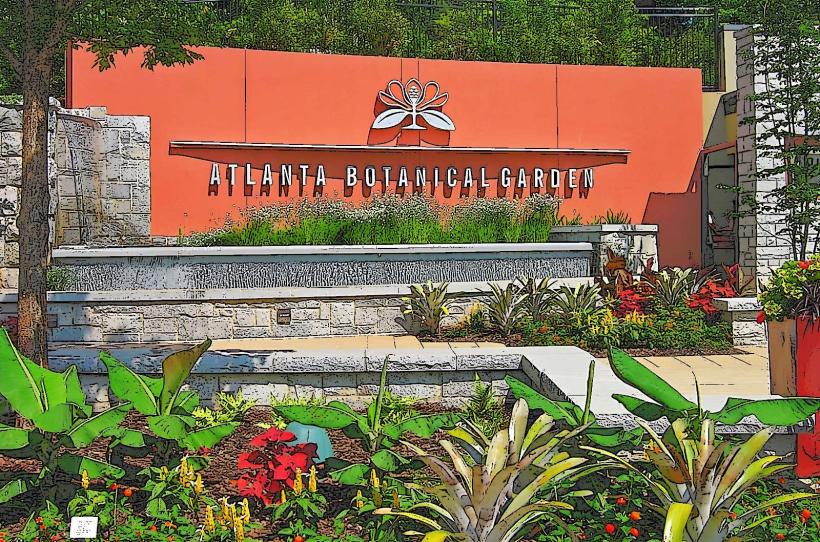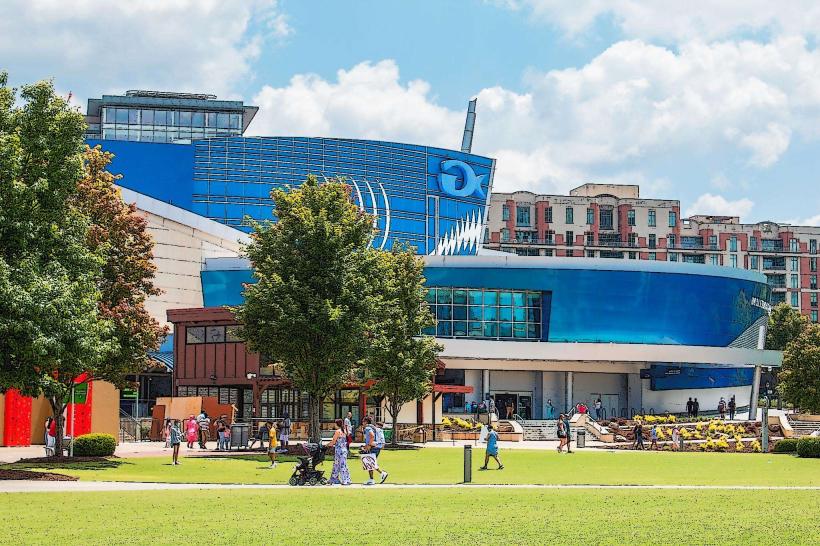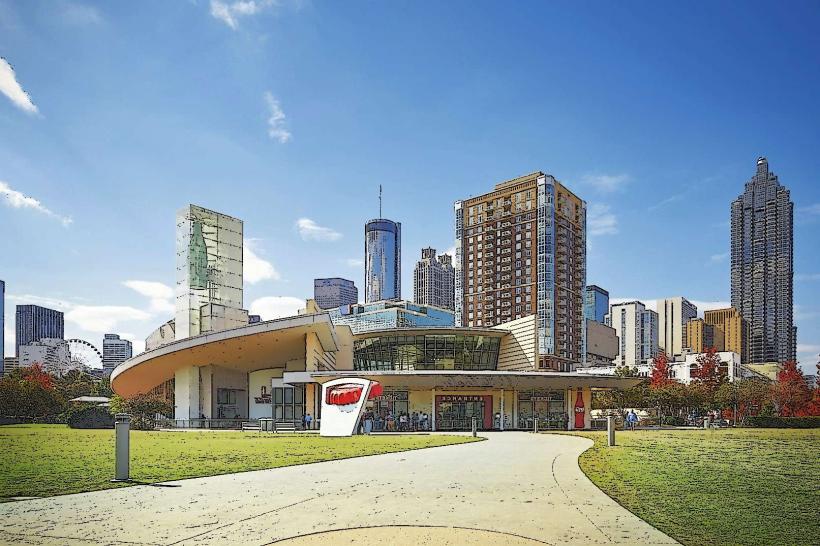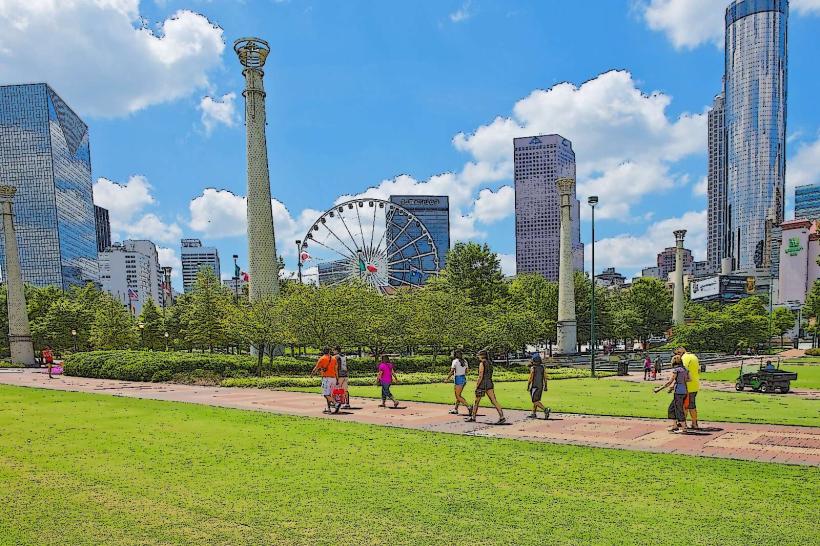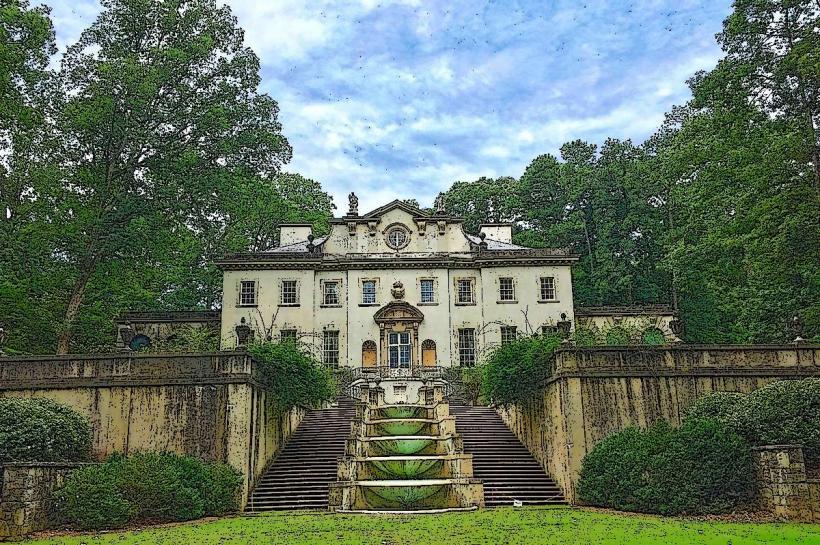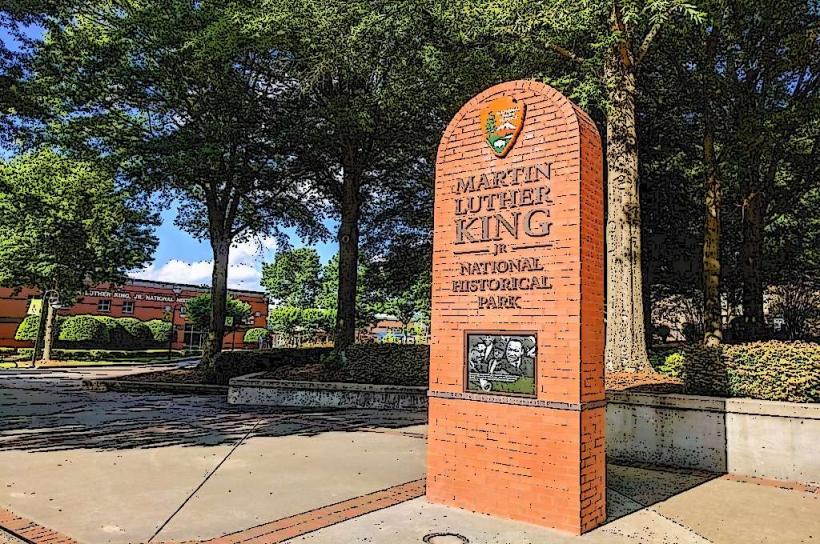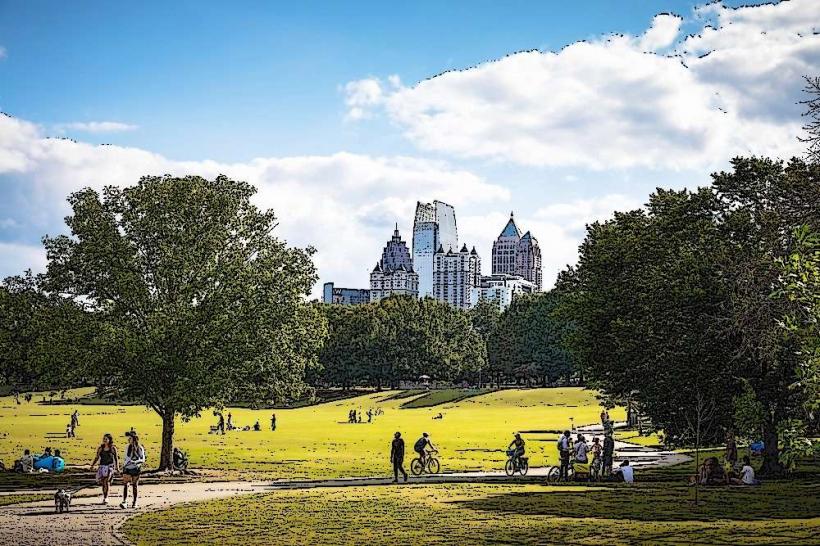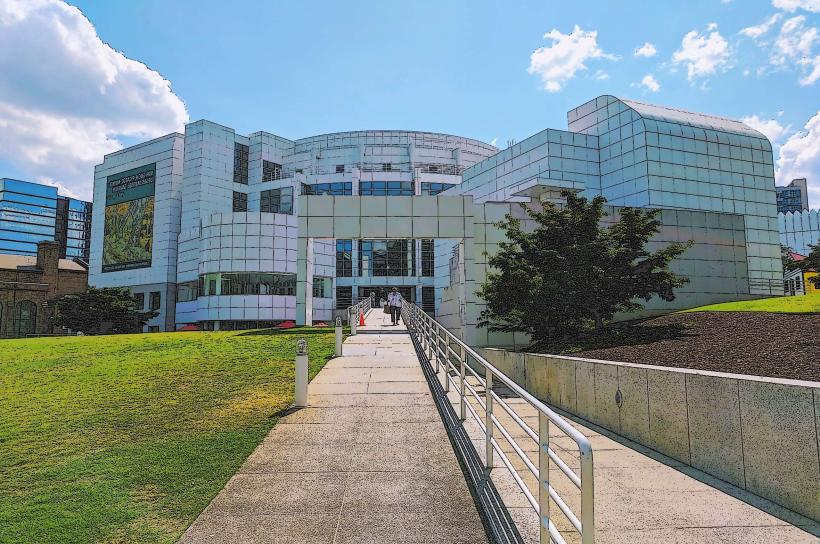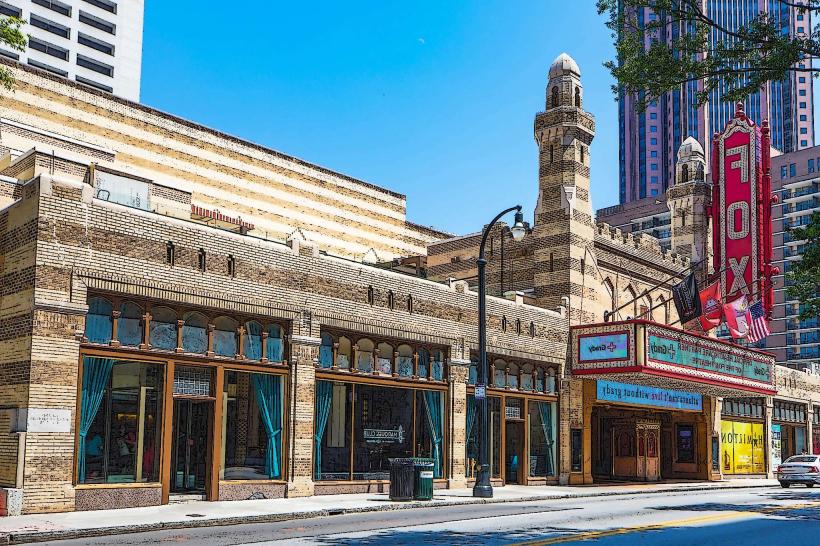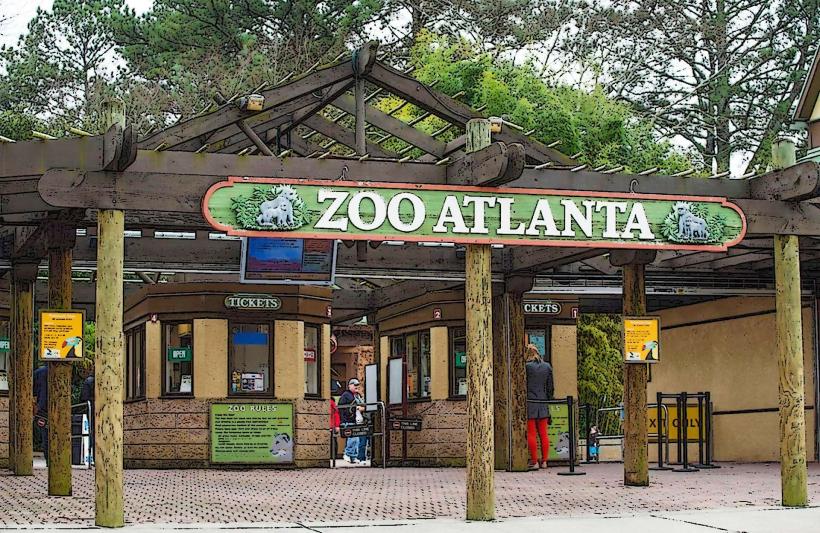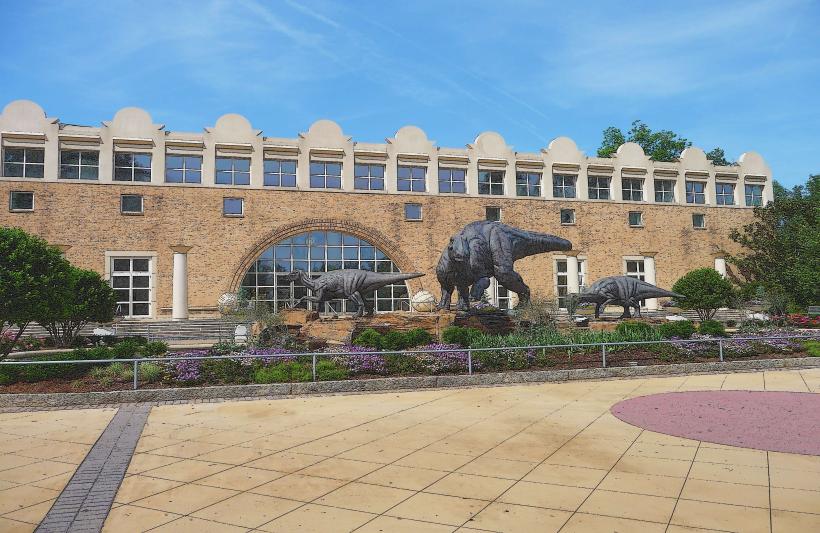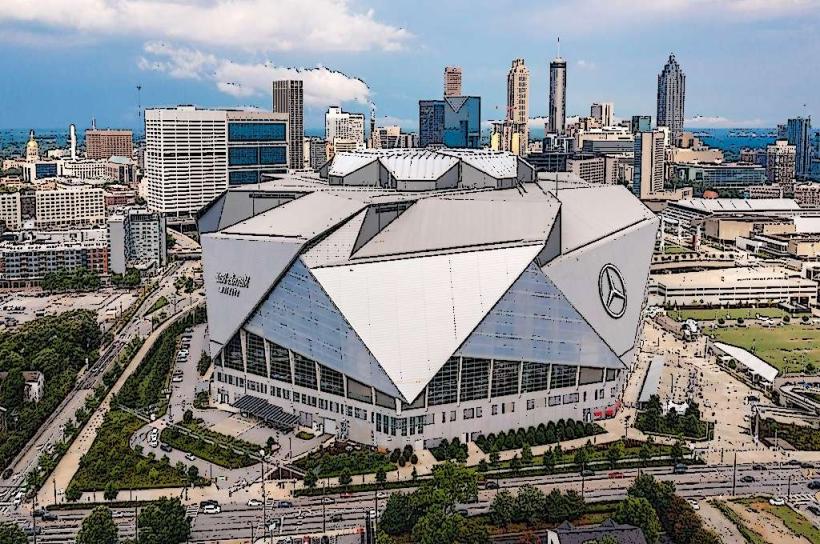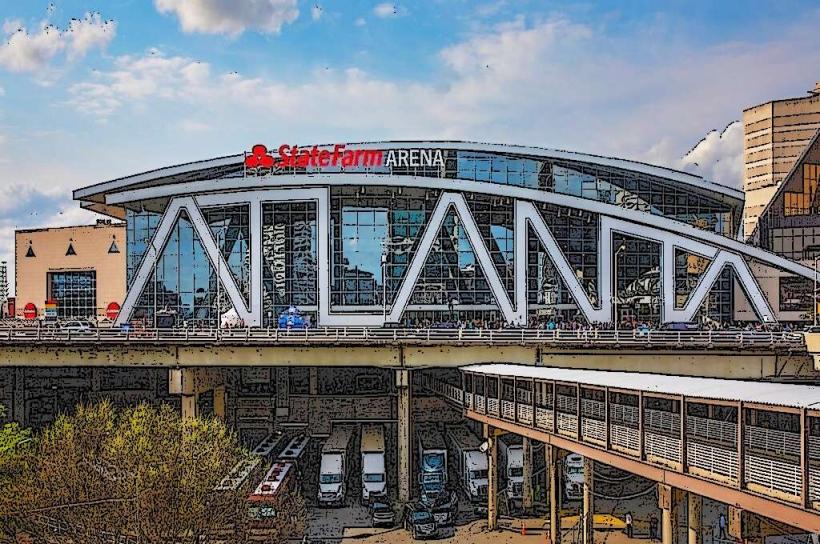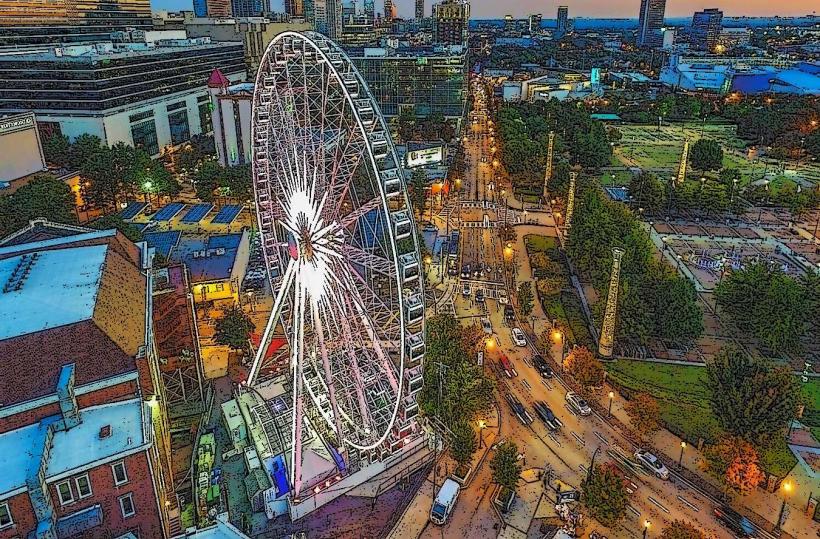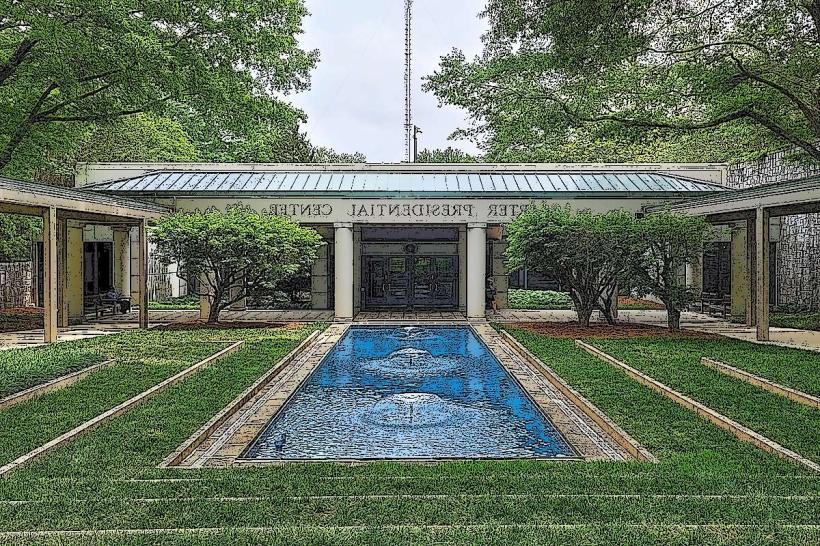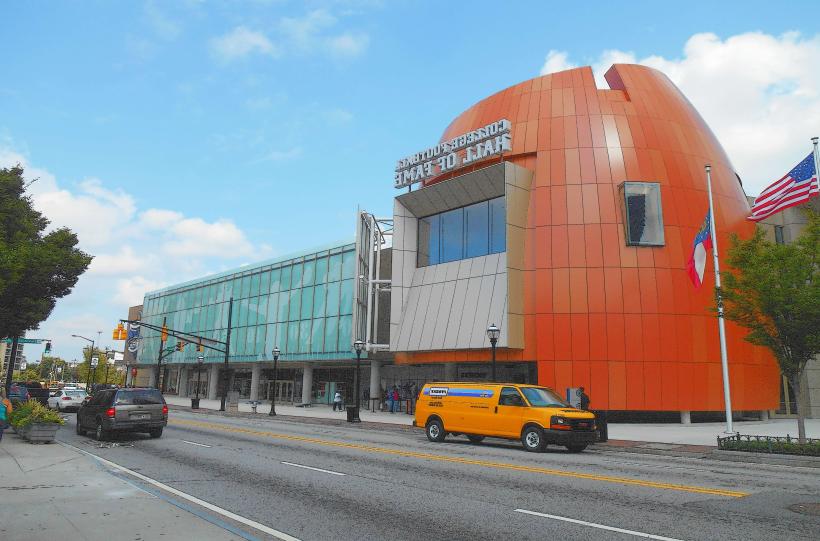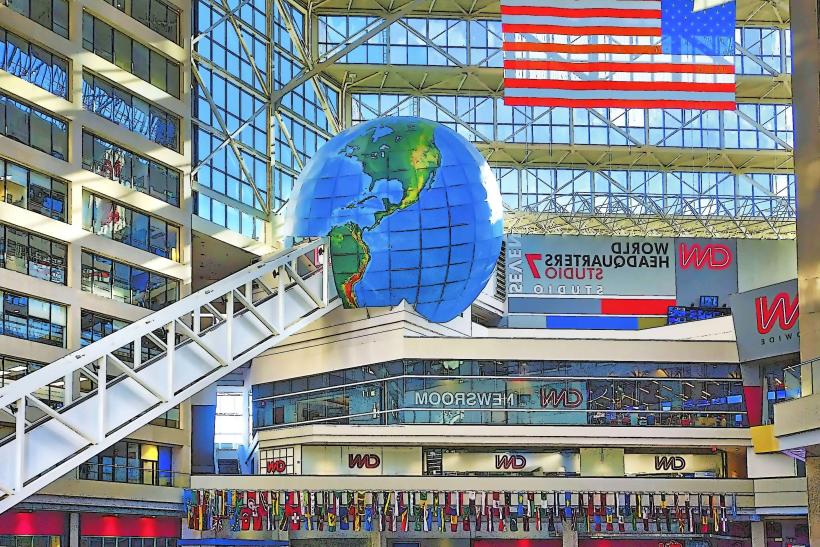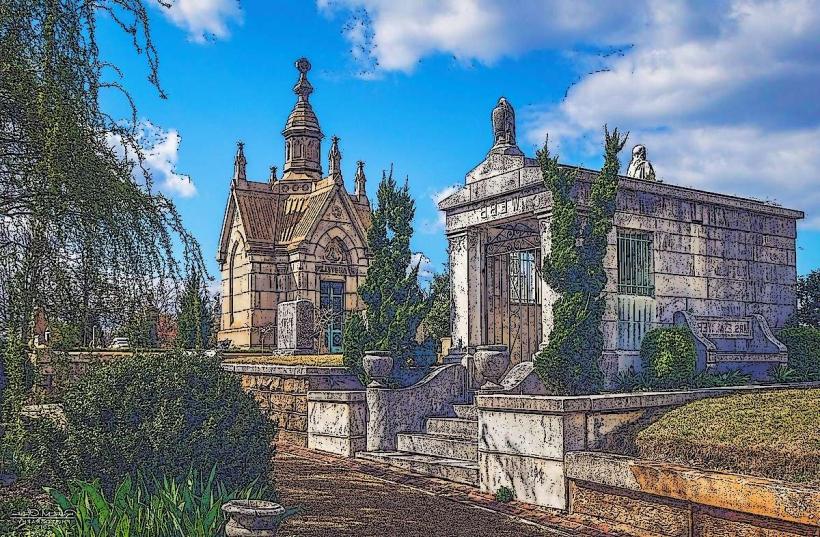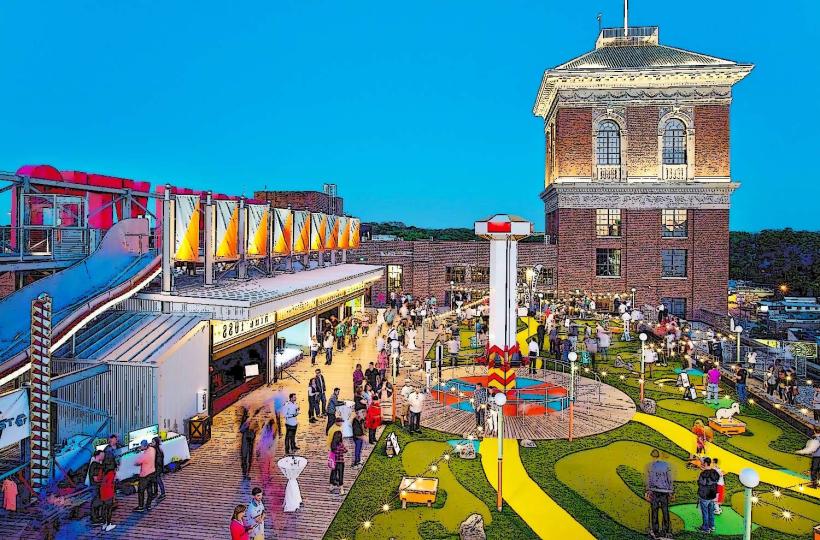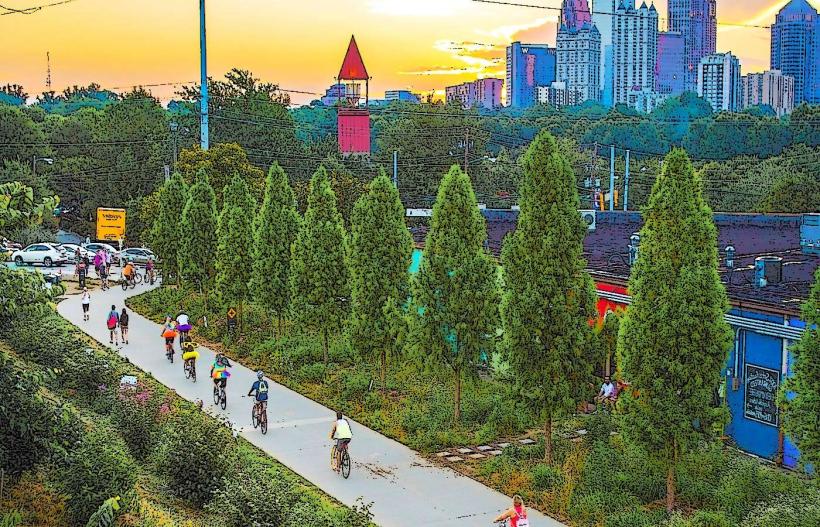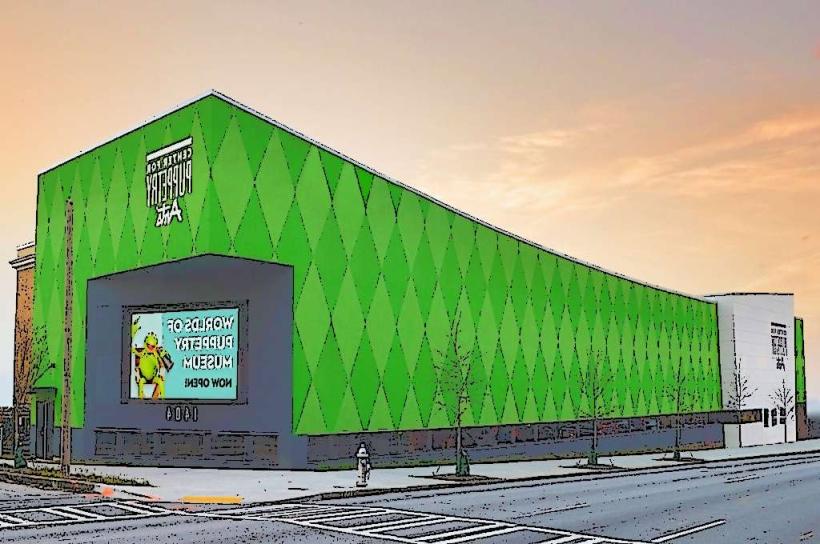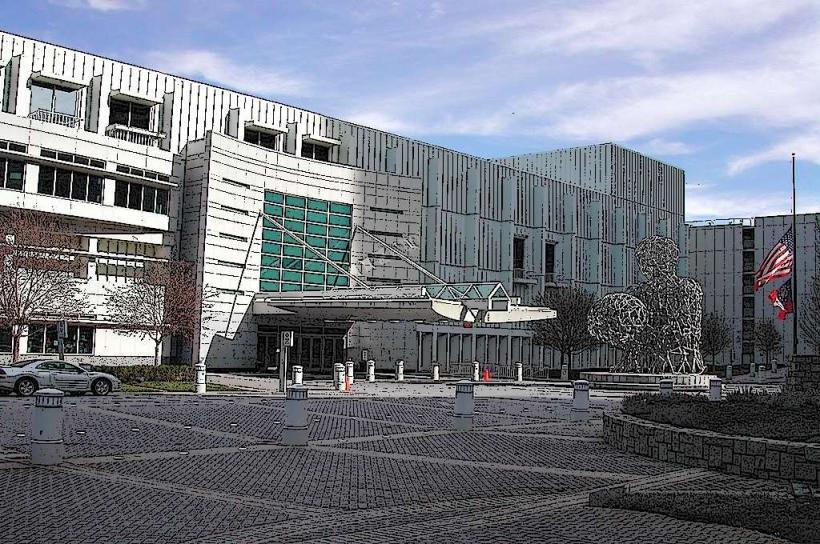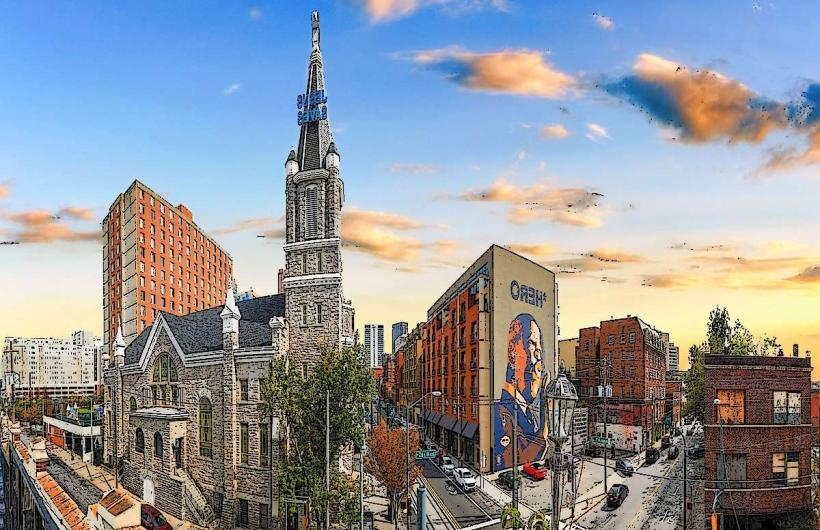Information
City: AtlantaCountry: USA Georgia
Continent: North America
Atlanta, USA Georgia, North America
Atlanta serves as the state capital of Georgia and the primary economic and cultural engine of the Southeastern United States. It is the county seat of Fulton County, though the municipal boundaries extend into DeKalb County.
Historical Timeline
Founded in 1837 as the terminus for the Western and Atlantic Railroad, Atlanta was originally named Marthasville. Primary governance eras include its role as a Confederate supply hub, its near-total destruction during the Civil War (1844), and its 20th-century emergence as the "City Too Busy to Hate" during the Civil Rights Movement. Key historical events include the 1960s leadership of Dr. Martin Luther King Jr. and the hosting of the 1996 Centennial Summer Olympic Games, which catalyzed the modernization of the urban core.
Demographics & Population
The population within city limits is approximately 500,000, while the metropolitan area exceeds 6.1 million. The demographics are Black or African American (47%), White (40%), and Hispanic or Latino (5%). The median age is 33.5 years.
Urban Layout & Key Districts
The city is organized around three primary high-density clusters along the Peachtree Street corridor. Downtown is the center for government, tourism, and major sports venues. Midtown serves as the city’s primary arts and "heart of the city" district. Buckhead is a major financial and upscale retail hub to the north. The Eastside (including Inman Park and Old Fourth Ward) is characterized by historic neighborhoods linked by the BeltLine.
Top City Landmarks
Georgia Aquarium (One of the world's largest)
Martin Luther King Jr. National Historical Park
Transportation Network
Movement is serviced by MARTA (heavy rail and bus). Hartsfield-Jackson Atlanta International Airport (ATL) is the world's busiest airport by passenger traffic. The Atlanta BeltLine is a massive ongoing urban redevelopment project utilizing a 35-km historic railroad corridor for multi-use trails. Ride-sharing via Uber and Lyft is the dominant form of motorized transit. Traffic density is extreme, particularly on the "Downtown Connector" (I-75/85) and the I-280 "Perimeter."
Safety & "Red Zones"
The general safety level is moderate. Caution is advised at night in specific areas of Southwest Atlanta and parts of the English Avenue/Vine City neighborhoods, which experience higher rates of property and violent crime. Common scams involve aggressive panhandling near Centennial Olympic Park and fraudulent parking attendants in the Buckhead nightlife districts.
Digital & Financial Infrastructure
Internet speeds average 350 Mbps with near-universal fiber-optic availability via Google Fiber and AT&T. Main mobile carriers are Verizon, AT&T, and T-Mobile. Card and mobile payment acceptance is universal. ATMs are ubiquitous, particularly in Truist and Wells Fargo branches.
Climate & Air Quality
Temperatures range from 1°C to 11°C in winter and 21°C to 32°C in summer. Air quality is moderate, often affected by high pollen counts in spring and humidity-trapped ozone in summer. Specific weather risks include severe thunderstorms and infrequent but disruptive "ice storms" in winter.
Culture & Social Norms
The standard tipping percentage is 18–25%. A handshake is the standard greeting. Dress codes are diverse, with "Southern Professional" common in business districts and "Streetwear" influential in the arts scene. Smoking is prohibited in nearly all indoor public spaces and parks.
Accommodation Zones
Midtown: Recommended for walking access to the High Museum, Piedmont Park, and the city's best dining.
Downtown: Recommended for proximity to the Mercedes-Benz Stadium and major tourist attractions.
Local Cost Index
1 Espresso: $4.75 (USD)
1 Standard Lunch: $19.00 (USD)
1 MARTA One-Way Fare: $2.50 (USD)
Nearby Day Trips
Stone Mountain Park (25 km)
Kennesaw Mountain National Battlefield (35 km)
Athens, GA (115 km)
North Georgia Wine Country / Dahlonega (105 km)
Facts & Legends
Atlanta is known as the "City in a Forest" due to its remarkably high tree canopy coverage (over 47%). Historically, the city is the birthplace of the Civil Rights Movement and the global headquarters of Coca-Cola, CNN, and Delta Air Lines. A local legend involves the "Crybaby Bridge" in suburban Andersonville, where locals claim to hear the sounds of a spectral infant during the full moon.

